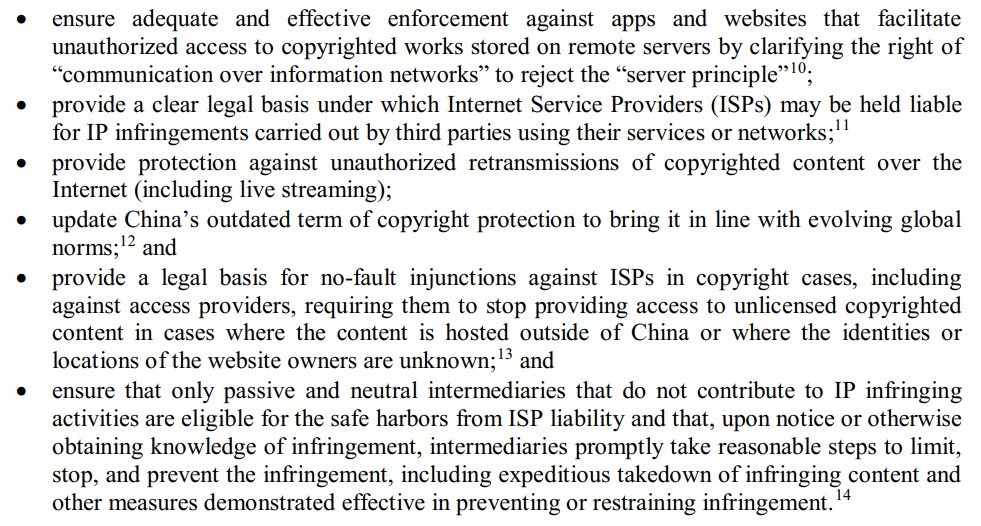-
chevron_right
US Passes Spending Bill With CASE Act and Felony Streaming Proposal
Ernesto Van der Sar · news.movim.eu / TorrentFreak · Tuesday, 22 December, 2020 - 14:56 · 4 minutes
 Earlier today Congress approved the 5,593-page spending bill.
Earlier today Congress approved the 5,593-page spending bill.
In addition to the necessary paperwork to keep the Government running, the bill also included COVID-19 relief measures and other last-minute additions.
Copyright Proposals Passed
These late additions include two controversial pieces of copyright legislation: the CASE Act and a new felony streaming proposal . Both were passed as part of the package with little to no discussion.
The spending bill will now be sent to President Trump for a signature, after which it becomes law. This means that the two controversial copyright proposals are set to change how certain copyright infringement issues are handled.
The CASE ACT
The CASE Act, short for “Copyright Alternative in Small-Claims Enforcement,” establishes a copyright claim tribunal within the United States Copyright Office. This new board will provide an option to resolve copyright disputes outside the federal courts, which significantly reduces the associated costs.
The tribunal aims to make it easier for smaller creators, such as photographers and songwriters, to address copyright infringements without starting an expensive lawsuit at a federal court. If targeted ‘infringers’ don’t want to participate, they have the choice to opt-out.
Opponents fear that the new tribunal will trigger an avalanche of claims against ordinary Internet users. It would be an open invitation to copyright trolls as it allows them to file cases cheaply. Defendants risk potential damages of $15,000 per infringement, up to $30,000 per case.
Trolls
The public interest group Public Knowledge is disappointed with the passage of the bill, which it fiercely opposed. It was “forced into passage”, according to Legal Director John Bergmayer, and exposes ordinary citizens to steep fines.
“The bill creates an opportunity for copyright trolls, who can file claims against small-time artists and individual internet users, and sets up a process that can deny defendants their usual rights. It is deeply problematic, and we will fight for its repeal,” Bergmayer says.
It is worth stressing that the copyright trolls who go after file-sharers in court can’t easily exploit the new tribunal, as it has no subpoena power. This means that rightsholders can’t start a case against a “John Doe” who’s only known by an IP-address.
Supporters of the bill have argued it will greatly benefit smaller creators and may also help people who are subject to copyright abuse. For example, by taking a DMCA takedown dispute to the tribunal instead of the federal court.
Felony Streaming Proposal
In addition to the CASE ACT, the felony streaming proposal was also passed with the spending bill. The foundations of this proposal date back to the SOPA and PIPA bills, but the most recent version, announced by Senator Thom Tillis last week, is much smaller in scope.
The felony streaming legislation, titled the ‘ Protecting Lawful Streaming Act of 2020 ’, will allow law enforcement to prosecute pirate streaming services. This was complicated under current US copyright law, as streaming can only be charged as a misdemeanor, not a felony.
The new proposal amends US copyright law by adding a section that allows commercial streaming piracy services to be targeted while leaving individual streamers out of the crosshairs.
Specifically, the bill makes it unlawful to provide a service that’s primarily designed to show copyright-infringing content, has no significant commercial purpose other than piracy, or is intentionally marketed to promote streaming piracy.
Twitch and YouTube
The streaming felony legislation targets people or organizations that provide a “digital transmission service.” This means that it doesn’t apply to ordinary users who stream something on YouTube, Twitch, or any other streaming platform.
This distinction between services and individual streamers is crucial as the opposition to previous bills focused on the fear that new legislation would send ordinary people to jail for accidentally streaming a copyrighted video or music track.
The passage of the felony streaming proposal is an early Christmas present for major copyright holders who have complained about this gap in the law for years .
The music industry is also pleased, both with the CASE Act and the felony streaming legislation.
“The Copyright Alternative in Small-Claims Enforcement (CASE) Act and Protect Lawful Streaming Act (PLSA) will strengthen creators’ ability to protect their works against infringement online, and promote a safer, fairer digital environment, which are particularly needed as the arts struggle to survive the pandemic,” RIAA and other music groups commented.
Going Forward
If President Trump signs the spending bill, which he is expected to do, wheels will be set in motion to create the small claims copyright tribunal. Details of when it can be used and how it will work will be announced at a later date.
Time will tell how both pieces of copyright legislation will affect copyright enforcement. That applies to the small claims cases, but also to the streaming legislation, which could be the start of a broader crackdown on streaming services in US Courts.
From: TF , for the latest news on copyright battles, piracy and more. We have some good VPN deals here for the holidays.
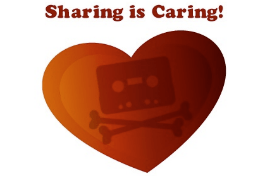 Millions of people around the world use torrent sites and forms of file-sharing to share copyrighted material on a regular basis. In most countries, this is against the law.
Millions of people around the world use torrent sites and forms of file-sharing to share copyrighted material on a regular basis. In most countries, this is against the law.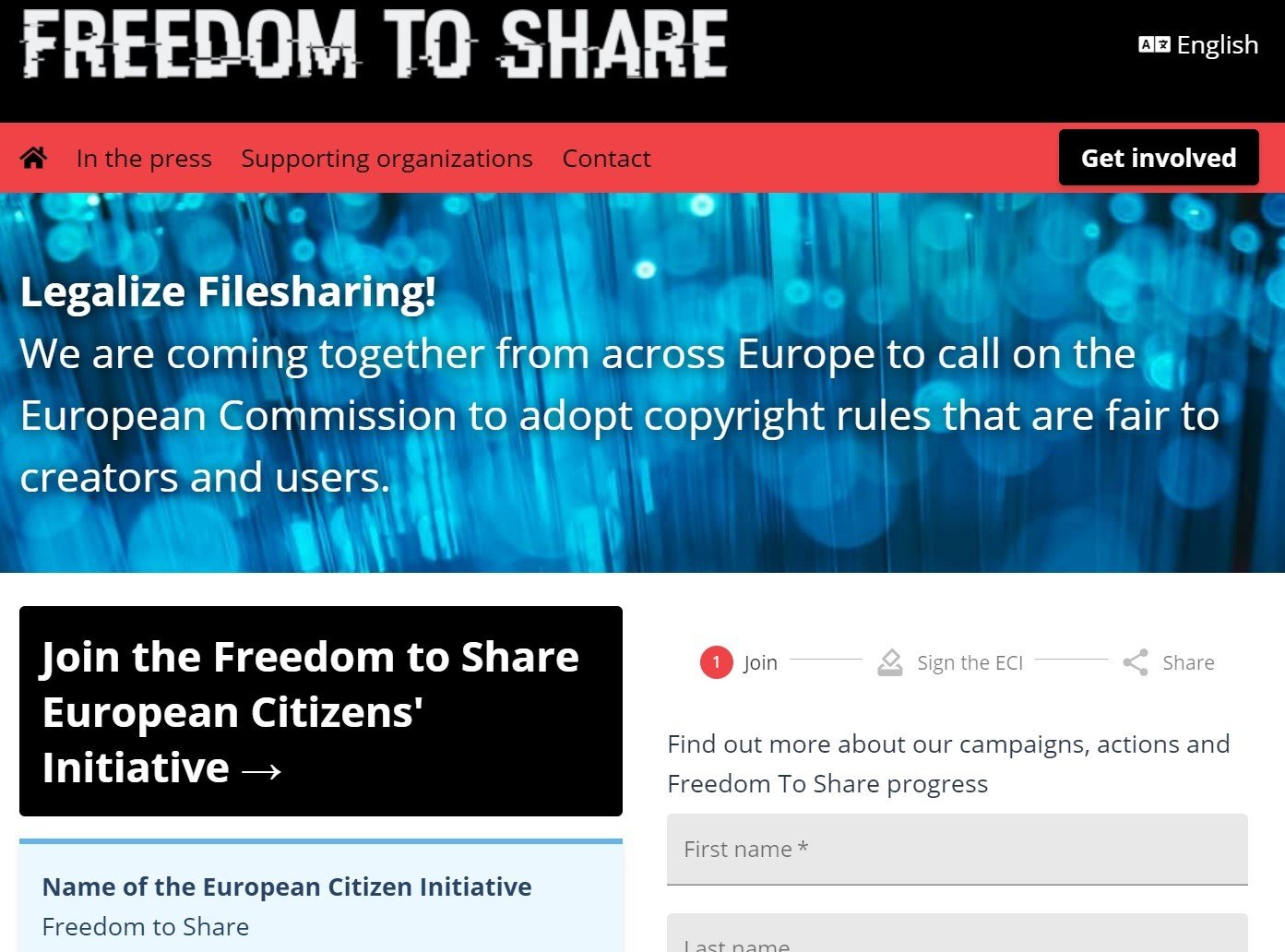
 The US Senate’s Judiciary Subcommittee on Intellectual Property is looking for better ways to tackle the ever-present threat of online piracy.
The US Senate’s Judiciary Subcommittee on Intellectual Property is looking for better ways to tackle the ever-present threat of online piracy.
 Under U.S. law, streaming and file-sharing are seen as two different offenses. Not just from a technical point of view, but also in the way they are punished.
Under U.S. law, streaming and file-sharing are seen as two different offenses. Not just from a technical point of view, but also in the way they are punished.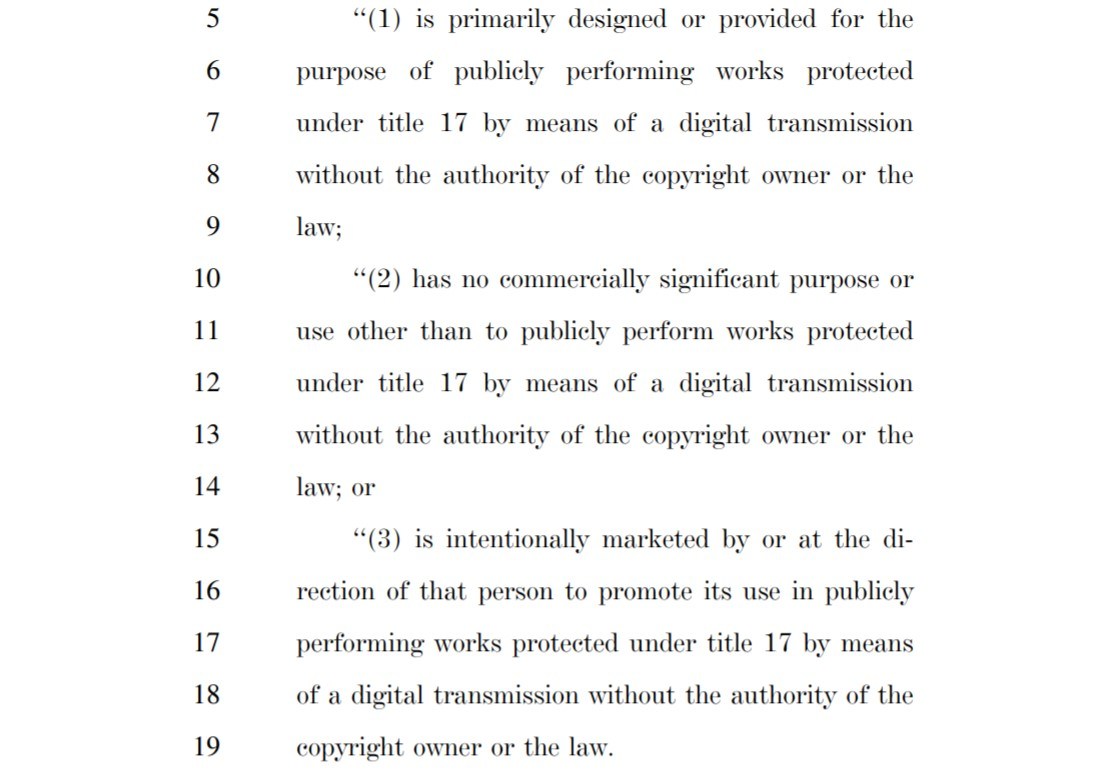
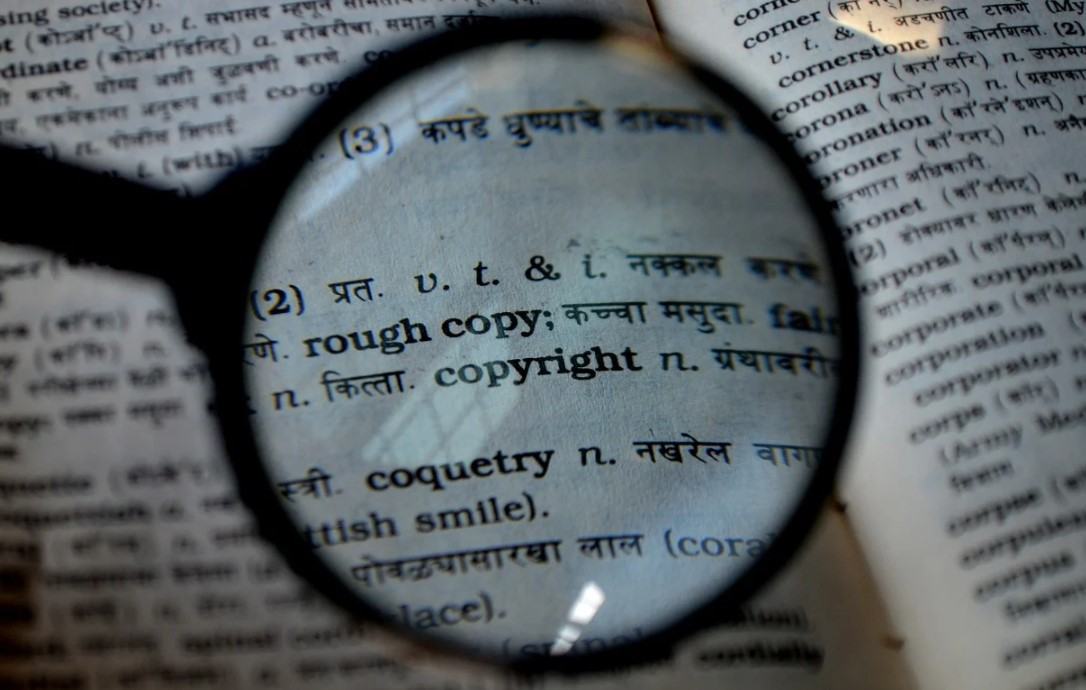 When the Digital Millennium Copyright Act (DMCA) was introduced in 1998, file-sharing was a fringe activity, and online streaming a futuristic idea.
When the Digital Millennium Copyright Act (DMCA) was introduced in 1998, file-sharing was a fringe activity, and online streaming a futuristic idea. Every year copyright holder groups get the chance to share their list of “notorious” piracy actors to the
Every year copyright holder groups get the chance to share their list of “notorious” piracy actors to the 
 Prominent tech companies such as Twitter, Facebook and Google, all respond to takedown notices, as they are legally required to do.
Prominent tech companies such as Twitter, Facebook and Google, all respond to takedown notices, as they are legally required to do. The American copyright industry generates billions of dollars in annual revenue and is generally seen as one of the primary export products.
The American copyright industry generates billions of dollars in annual revenue and is generally seen as one of the primary export products.